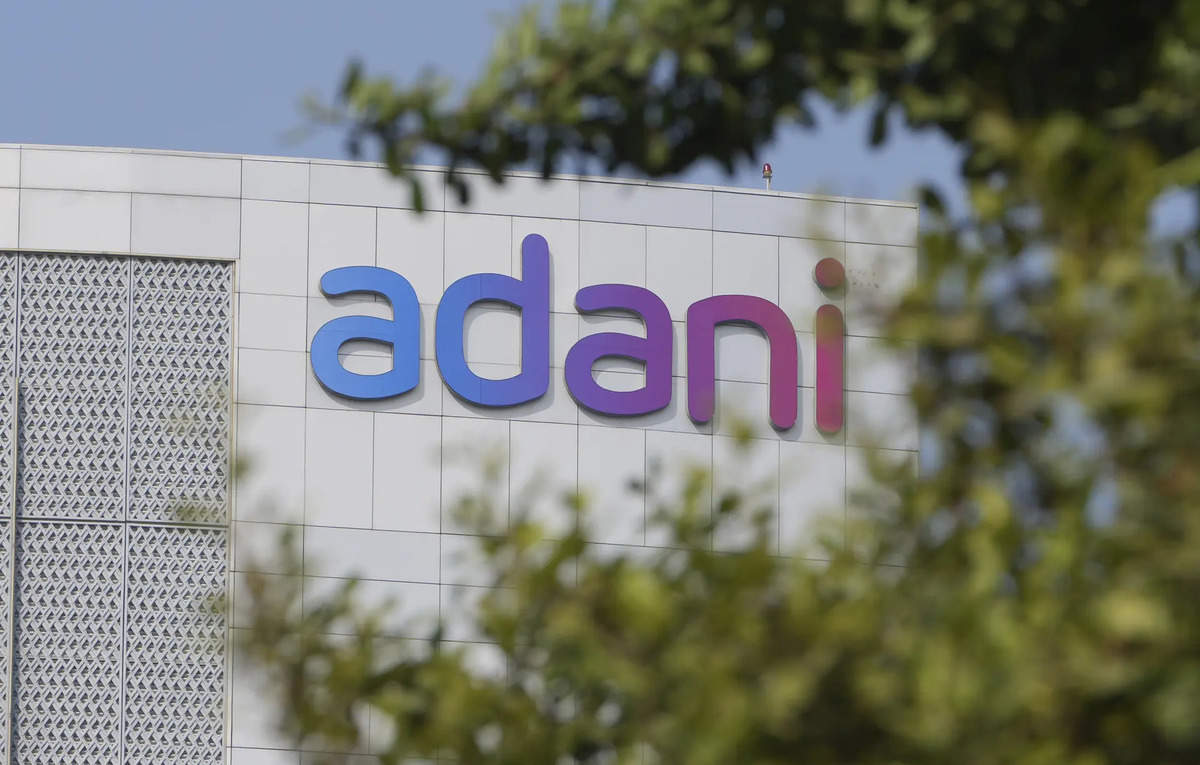Australian SMEs boost infrastructure as CEOs try to stay lean

- by Admin
- July 7, 2024

ManageEngine has released the findings of its Digital Intensity in Australia Study, conducted by technology advisory firm, Ecosystm. As market competition increases, small to midsize enterprises (SMEs) in Australia are shifting to modern technology infrastructure to maintain their competitive edge. However, this surge in digital intensity poses visibility challenges for technology leaders. The study shows that enhancing security, powering resilience, maximising productivity and reducing cost are the reasons behind embracing IT observability over traditional monitoring.
More than half of those surveyed (54%) identified infrastructure modernisation as the primary focus of the organisation’s tech modernisation strategy. However, to remain competitive, CEOs and business leaders are driving productivity enhancements through technology optimisation, aiming for major change and growth without adding cost or, in many cases, even while lowering budgets.
In a fiercely competitive environment, Australian SMEs are compelled to innovate and leverage AI-powered insights and digital engagements to modernise their technology infrastructure. The study underscores the urgency for SMEs to adopt advanced technologies to ensure relevance in an evolving market. The results also highlight a significant barrier preventing organisations from adopting a digital-first mindset: the challenge of managing complex IT environments and the lack of visibility over them.
Despite the investments in cloud and AI, most Australian SMEs consider themselves at the early stages of their digital transformation journeys. Nearly 60% of SMEs rated themselves as ‘traditional’ or ‘emerging’, with less than 10% considering themselves ‘transformative’ or ‘digital-first’.
“There’s been a strong push from the IT and business corridors for data-driven decision-making, as the region is strained with austerity measures amidst growing IT requirements so that organisations have actionable insights for maximising productivity and powering resilience,” said Srinivasa Raghavan Santhanam, Director of Product Management, ManageEngine Site24x7. “The power of AI on a platform that enables data-driven decision-making will catapult businesses with a competitive advantage in a digital-first turf.”
Challenges of complexity, monitoring and observability
The study reveals that the surge in digital intensity within organisations has encouraged them to seek out new providers and suppliers for technology. Over half (51%) of surveyed organisations use three to five cloud environments, while 14% manage up to 10.
A staggering 90% of Australian organisations expect up to 60 brand new applications, tools or platforms to be implemented in their infrastructure over the next 12 months. The expanding technology architecture, characterised by a proliferation of applications and diverse cloud usage, has heightened the demand for IT support.
This complexity results in increased costs, security risks and scalability challenges that hamper agility and innovation while jeopardising positive customer experiences. The key concern is cost reductions, with 52% of the organisations identifying this as the top business priority for the next 12 months.
The study highlights the critical issue of insufficient monitoring, with technology leaders recognising the importance but struggling to establish comprehensive visibility and control over their technology environment. In the survey, most SMEs noted they are actively monitoring their servers (75%) and networks (70%). However, the low rates of end-to-end business process (14%) and infrastructure automation (18%) monitoring reveal worrying visibility gaps.
Technology leaders continue to be challenged by limited visibility (30%) and alert fatigue (25%) despite using IT monitoring tools or platforms. The lack of visibility impacts their understanding of an IT landscape that is becoming increasingly complex. Tech teams are also inundated with constant alerts, including false positives, diverting their attention from critical issues and leading to important alerts being overlooked. To overcome this, 48% of respondents are adopting additional data prioritisation and filtering methods to differentiate critical alerts from noise. Organisations need to adopt a more proactive approach to IT monitoring to mitigate these challenges.
“IT observability isn’t just about monitoring systems,” said Tim Sheedy, principal advisor at Ecosystm. “It is about understanding them. By bringing together logs, metrics, traces and events with advanced analytics, tech teams can proactively pinpoint root causes, spot anomalies before they disrupt service and keep systems resilient. Ultimately, IT observability allows organisations to deliver consistent digital experiences for customers, while also empowering teams to confidently explore new technologies.”
The Latest News
-
January 5, 2025‘It’s only for certain people’: The ruthless reality of tennis qualifying
-
January 5, 2025India’s devastating Bumrah injury as Aussies chase 162
-
January 4, 2025Small businesses breathe new life into historic churches
-
January 4, 2025California desert course, designed by Robert Trent Jones Jr. and once led by NHL Hall of Famer, has shut down – Australian Golf Digest
-
January 4, 2025Live: Australia makes explosive start to 162-run chase in bid to win Test series





